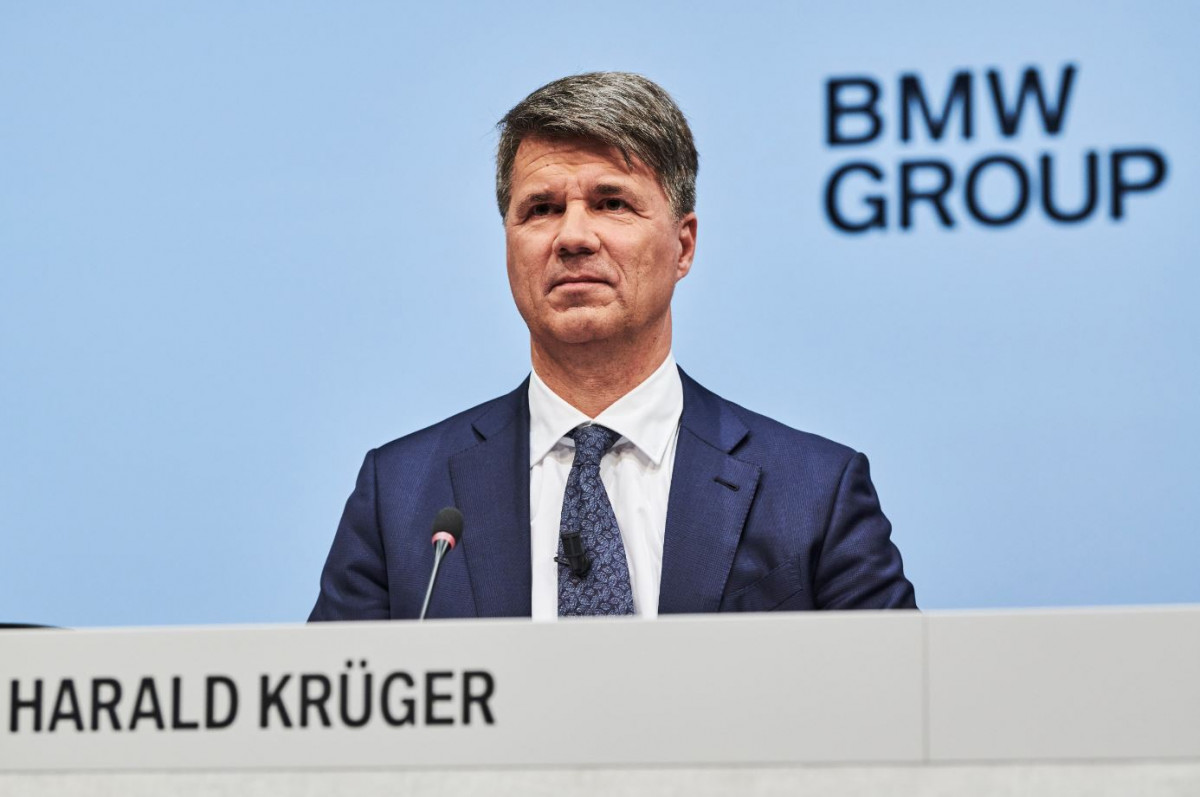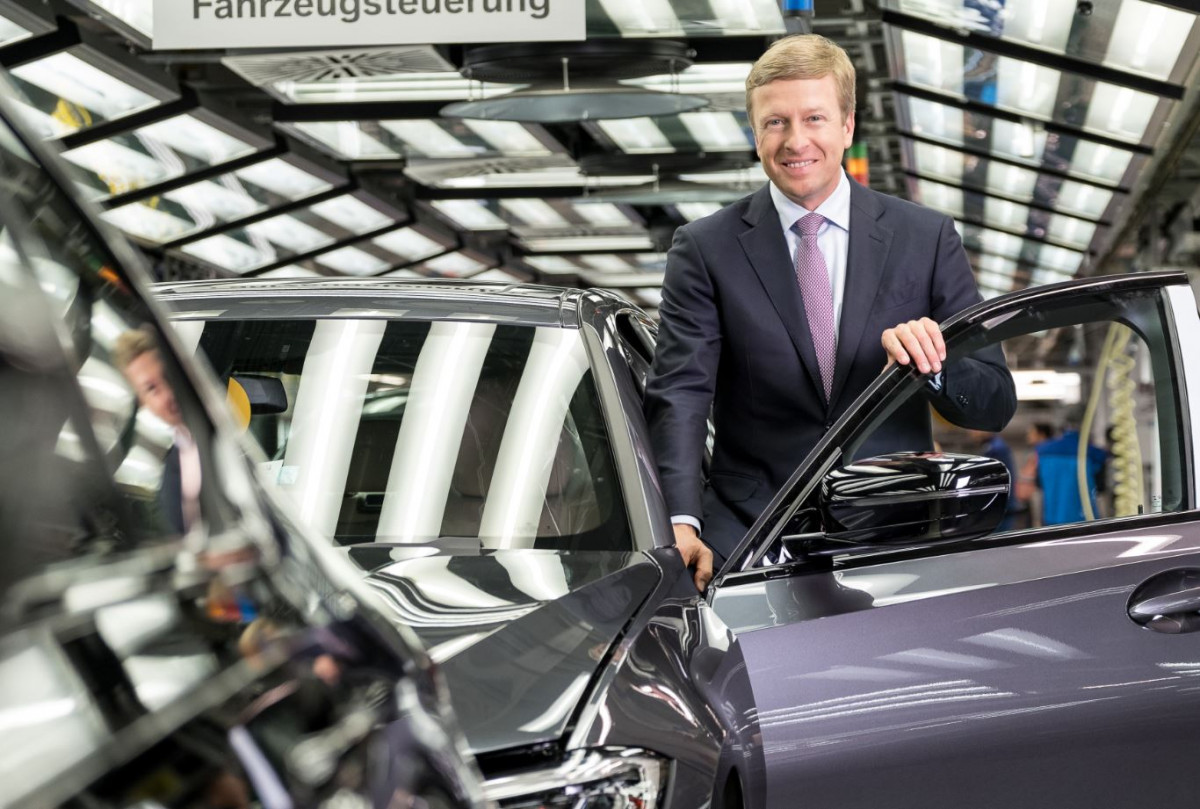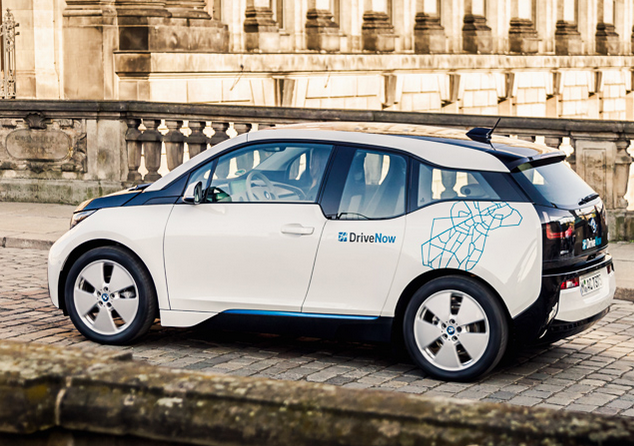BMW's new CEO takes the helm at former EV pioneer 'searching for direction'
BMW's former head of production, Oliver Zipse, will take over from CEO Harald Krüger, who was often criticised as indecisive, on 16 August. The leadership change coincides with a difficult time for the Bavarian carmaker: The company is trailing many competitors in the switch to e-mobility, and total sales dipped in 2018 for the first time in five years. The company’s car unit even swung to a loss for the first time in a decade in early 2019 due to a ballooning legal provision related to alleged collusion in emission filtering technology.
BMW focuses on the premium car market with its BMW, Mini and Rolls-Royce Motor Cars brands. It used to be considered an e-mobility pioneer because it launched an entirely new fully electric model, the i3, as early as 2013 – a brave but costly strategy. Demand for the innovative model remained far below BMW's hopes, paralysing the company's efforts to make further headway in e-mobility. BMW hasn't released a new all-electric vehicle since, and several prominent EV experts left the company because of Krüger’s reluctance to bet more energetically on e-mobility. Today's VW CEO Herbert Diess, who is now steering Europe's largest carmaker decisively to electric mobility, was BMW's head of development at the time of the i3 launch. [Find more background in the factsheet Early e-car starter BMW has lost ground in clean mobility race]
"At least among German carmakers, BMW had a large headstart in e-mobility. But it has gambled away that advantage," car industry expert Stefan Bratzel from the Center of Automotive Management (CAM) told public broadcaster ARD.
Trailing many competitors, BMW now plans to bring several models to market over the next few years. In June 2019, BMW stepped up its electrification plans yet again in "a bid to convince investors it is capable of catching rivals in the race to sell battery vehicles," according to the Financial Times. The company said it would release 25 fully electric or hybrid models by 2023, two years earlier than previously announced.
Many industry analysts wonder whether BMW will be able to gain much ground in the race to electrification, however. “Tesla has a lead of three to four years in areas like software and electronics. The millennials are much more focused on these things. There is a risk that the Germans can’t catch up,” UBS analyst Patrick Hummel told news agency Reuters. Oliver Sachgau described BMW for Bloomberg as “a company that’s gone from being a leader in the transition to electric cars to a company searching for direction.”
The right choice?
Industry analysts also question whether new CEO Zipse is the right choice for recovering lost ground quickly, given the rising importance of software and car-sharing. “Being good at building cars is not a defining edge the way it was 20 years ago,” Jefferies analyst Philippe Houchois told Reuters.
Zipse has said he believes that BMW should not go down the same path as Volkswagen in creating vehicle platforms that are uniquely electric, but instead should have platforms that can go either way. BMW “must electrify its powertrains without losing its high-end racy street cred — and it must do that with only a handful of busy manufacturing plants around the world,” wrote Nick Gibbs and for Automotive News Europe.
According to an analysis by Phil Dzikiy for EV website electrek, BMW is protecting its gas-powered car business by making EVs on the same platform. He added that “anyone who was hoping for the new CEO to allude to some big shake-up with BMW’s plans for future EVs is sure to be let down by these recent comments.”
In the first half of 2019, the horsepower-proud – and comparatively climate-damaging – SUVs of BMW's X-Series accounted for more than 40 percent of the company's sales.
“The CEO-elect doesn’t seem the man to make a U-turn, which is what BMW arguably needs. Traumatised by the losses it made on its pioneering i3 electric vehicle project, the company hasn’t invested in a dedicated EV platform, unlike its German rivals Daimler and Volkswagen,” Stephen Wilmot wrote in the Wall Street Journal. “The result could be underwhelming products that get outcompeted by more tailored designs. EVs built on a dedicated platform will be roomier than conventional cars as the batteries can be packed flat on the car’s floor.”




